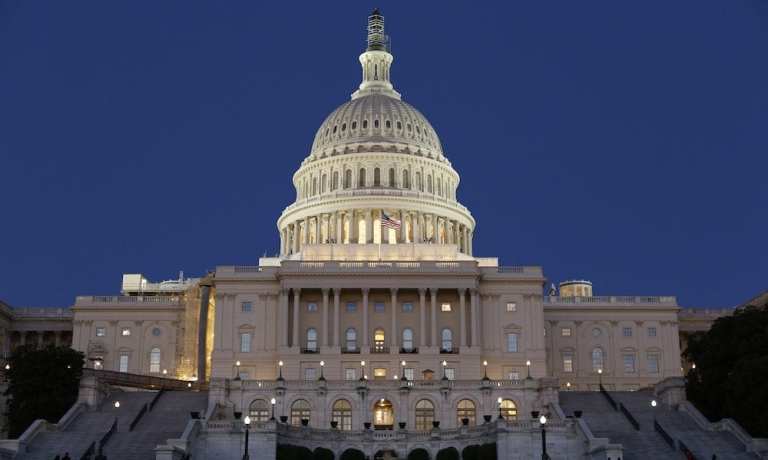BB&T/SunTrust Merger Raises Questions On Capitol Hill

In banking, “too big to fail” has become shorthand for financial firms of scale and reach so significant that any operational or financial difficulties may have ripple effects on the economy at large.
In a congressional hearing on the proposed merger of SunTrust and BB&T, size was in focus.
Executives from the two banks appeared Wednesday (July 24) before the House Committee on Financial Services, where Chairwoman Rep. Maxine Waters of California said the merger, the largest in the sector since the financial crisis, may be “too big to manage.”
As reported, the two firms have agreed to a deal that would create the sixth largest bank in the United States, slated to be named Truist Financial. Truist Financial would carry roughly $440 billion in assets on the combined balance sheet, and about $324 billion in deposits. Waters said the result would be a “mega bank” that might pose a risk to the financial system.
BB&T Chairman and CEO Kelly King said in his own remarks that there is a commitment in place to invest an incremental $100 million annually into innovation and technology that will “create a digital client experience that is second to none.” That overture, he said, will allow the combined firm to compete against the largest banks.
During questioning by lawmakers, and in reference to scale, Rep. Stephen Lynch of Massachusetts pointed to the fact as many as 740 branches of the banks are within two miles of one another — and he raised concerns about branch closings and job losses. He said that he was worried about consumer choice in a “less flexible environment” and that there may be pressure on interest rates and loan opportunities. Community banks and credit unions are likely to go out of business, he said, “and they do not have the money to launch these mobile banking platforms.” The size, he said, doesn’t mean the merged entity will be good for consumers or communities in which the new firm will be located.
The executives pointed to the Community Reinvestment Plan that would be a cornerstone of a three-year community benefits plan, providing $31 billion for home purchase mortgage loans and $7.8 billion for small business lending.
In remarks to the committee, SunTrust CEO William Rogers Jr. said the deal is one that will “lead to enhanced data security” and expanded financial services offerings “fueled by leading technology.”
He also said that combination (which is expected to be closed by the end of this year) need not mean that it is a riskier entity.
“We are adding scale, not complexity,” he said.